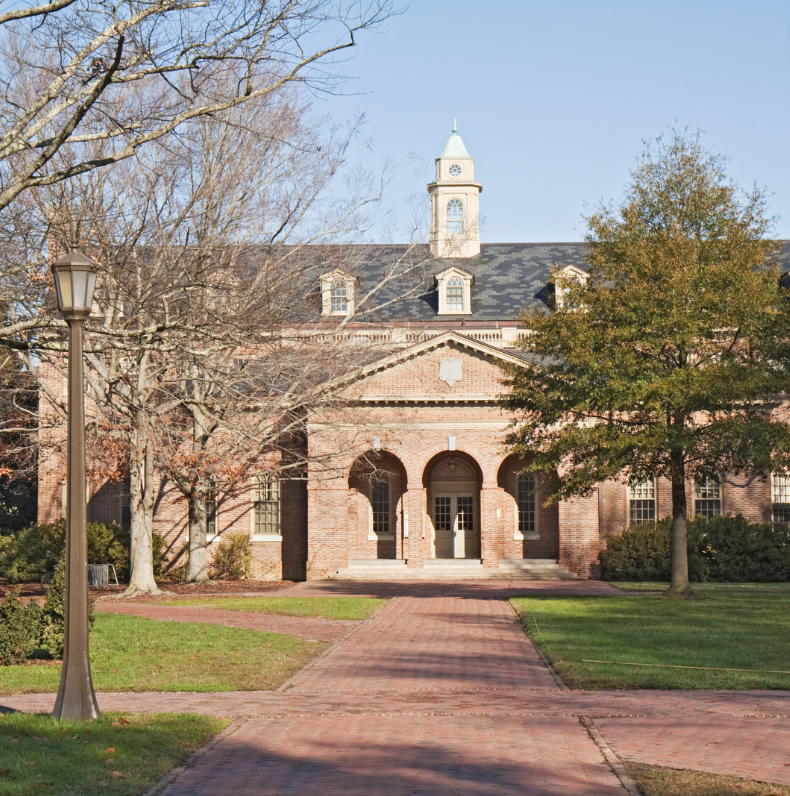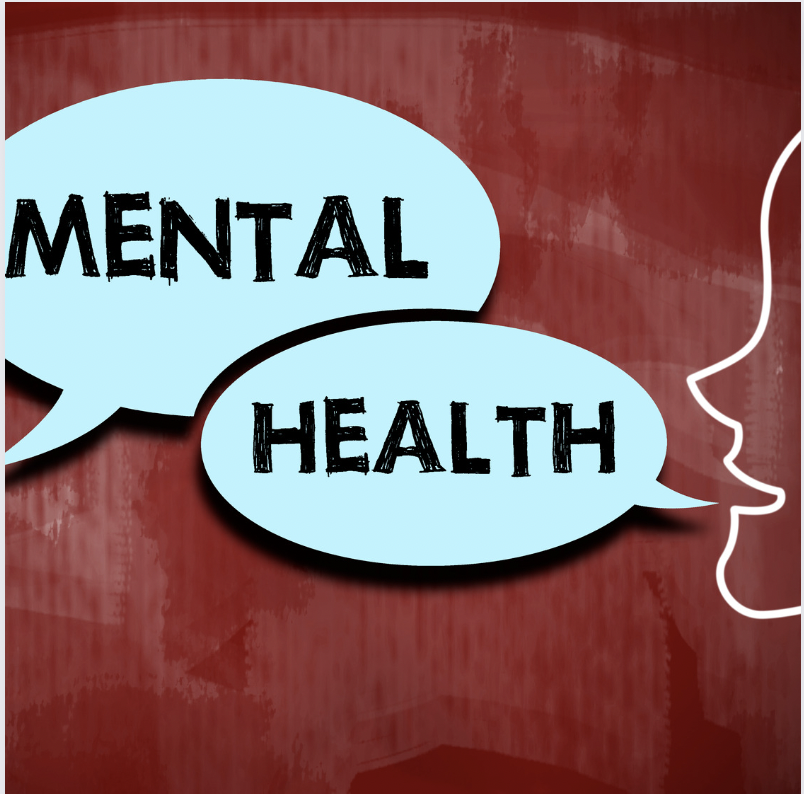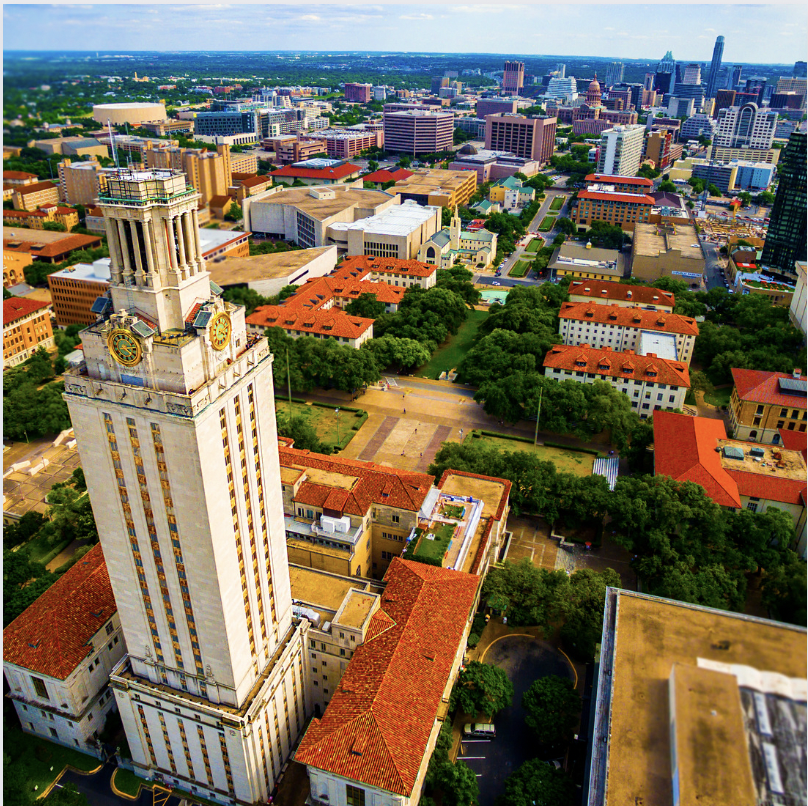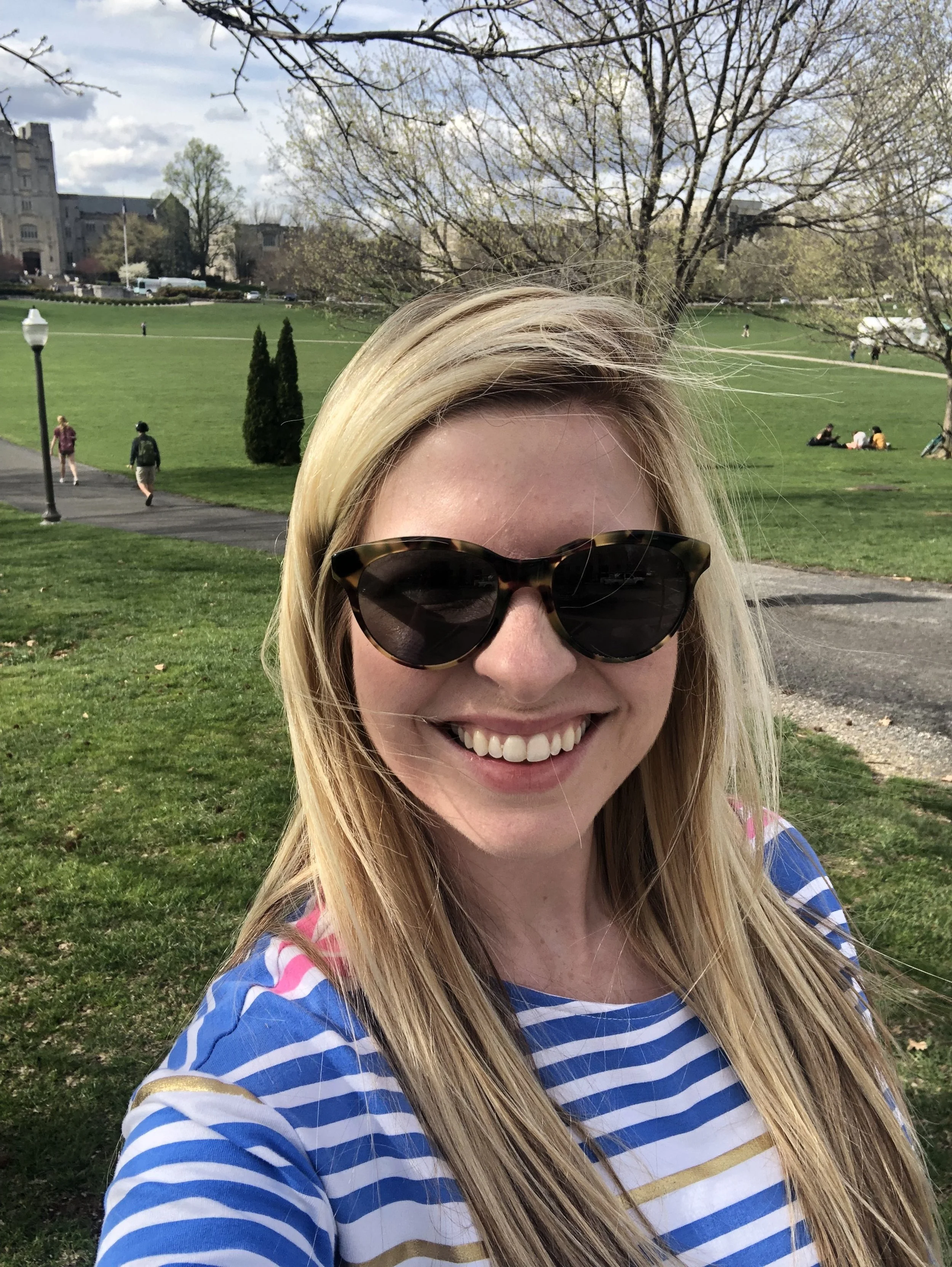When you’re touring a college campus, it’s easy to get distracted. That’s because you’re probably busy checking out the size of the dorm rooms or noting the food options in the cafeteria. Or maybe you’re gazing off down the street at the football stadium or anxiously awaiting your chance to check out the gym facilities. There’s a lot to take in, so much so that you might not always notice the details. But did you know that small details can actually send big messages about a college?
On your next campus visit, be on the lookout for these subtle clues. They will give you insight into the school culture and might just help you make important decisions about whether or not you can picture yourself there!
Advertisements
One of the best ways to really get a sense of what goes on at a college is to look at advertisements. As you tour academic buildings, student centers, and dorms, take note of bulletin boards and posted flyers, especially in entryways. These ads will show the kinds of events taking place on campus and how students are getting involved. Plus, they can help answer questions you may have about the social environment and political climate.
Classrooms
Although you may not have the chance to sit in on an actual college class, make sure you take a peek into some classrooms. These rooms can reveal a lot about the academic life on campus–if you know what to look for. First (and most obviously), take note of the size of the classrooms. Are you seeing lots of big lecture halls or smaller, more intimate spaces? Also, what type of furniture is there - and what is the layout like? Do most of them have desks, and if so, are they arranged by rows or in a circle? Do you notice any rooms with seminar tables or interactive work areas? Finally, scan the rooms for technology, so you can get a sense of how professors actually deliver their lessons.
Student Interactions
Is the cafeteria packed with students huddled around the tables? Are there groups of undergrads hanging out on the quad? Did you notice if the library study rooms are filled with people doing group projects? Has anyone said hello as you’ve passed them on the walkway? These are easy details to overlook, but don’t! Observe the ways that students interact with other members of the school community and with visitors like you. You can also learn a lot by paying attention to common areas. Notice if/how the campus layout gives students opportunities to gather and collaborate– and if they’re actually using these spaces.
The most memorable graffiti I’ve ever seen on a college campus. It says: “Keep Baylor Baptist!” This gives an indication that there’s some secularization occurring, which could be a good or bad thing depending on an individual student’s preferences!
Signs of protest
Students everywhere have complaints, and some aren’t afraid to express them publicly! Look closely to see if you can spot signs of protest on campus: graffiti, advertisements, etc. These postings are often a source of valuable insight into the campus culture and what students care about.
Safety
Remember that the college you’re touring could potentially be your home for the next four years. It’s important that you feel safe and secure. Yes, everyone has blue lights. But what else? As you walk around campus, look for features that would make you feel comfortable if you were strolling down these same pathways in the dark. Are the walkways well-lit? Do you see any security officers patrolling the grounds? Is there a free shuttle or escort service for students walking home late at night? And when you enter buildings, pay particular attention to how people can access them. Do students need to scan an ID card, for example?
I was very impressed with the security on my last visit to Loyola in Baltimore. I was stopped immediately and not permitted to proceed on campus until I showed ID and a reason for my visit. At Johns Hopkins, just a mile away, nobody blinked an eye.
Just as important, take some time to explore the area surrounding the school. Remember that at many colleges and universities, upperclassmen opt to live off campus, and you’ll want to make sure there are safe options. Sometimes, nearby neighborhoods even defy stereotypes associated with the larger metropolitan area! Shout out to the City of Clayton if anyone is considering Wash U - I lived in Clayton during my last year of college (along with many other Wash U students) and it was one of the best places I’ve ever lived.
Cleanliness
Cleanliness speaks volumes! Pay particular attention to how a college maintains its spaces. Are the bathrooms clean? Do the carpets look worn out in the library? Is there a musty smell in the residence halls? Of course a college campus isn’t going to be perfectly pristine, but you can see when effort is being made to keep everything clean and up to date.
FINAL THOUGHTS
To help you keep track of all of the details on a campus tour, take notes and pictures. We promise, it’s not geeky, and it will help you later as you start to compare all of the schools you’ve visited.
If you’re interested in learning more about campus tours, revisit our blog post from last spring. We shared expert tips on when to schedule your visit, how to prepare, and what do while you’re actually on campus.
Safe campus travels!
























































